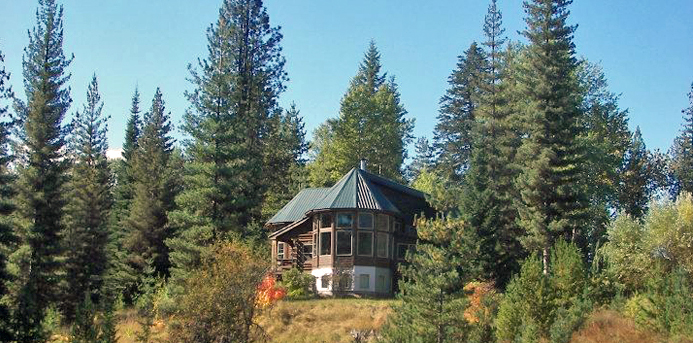Barbara Page had reached a point of despair when she decided to send her then 16-year-old daughter Jessica to the wilderness for 27 days.
For Jessica, who struggled for years, those 27 days would be followed by 18 months at a therapeutic boarding school for emotionally troubled teens.
“It was the hardest thing I’ve ever done,” Page says. “But it saved her. She now has an emotional toolbox for how to live her life.”
For parents of troubled teens, the decision to send their child to a therapeutic boarding school is a gut-wrenching decision, but one also filled with hope for a brighter and more stable future. Jessica’s is a success story: She finished college, works as a banker, and learned to have healthy relationships. Her mother says that without the Monarch School in Montana, Jessica’s slide toward the “darker side” of life would’ve likely continued.
Therapeutic boarding schools are highly structured with set times for classes, meals, homework, therapy, exercise, outings and sleep. The schools are often located in rural settings, allowing students to participate in outdoor sports and recreational programs such as hiking, swimming, skiing, camping and other activities designed to bolster self-esteem, responsibility and reliance.
Families who reach this crisis point are often at a loss for where to start to find the right school. The youth is typically struggling with substance abuse, violent or threatening behavior, open defiance of authority, poor grades, and/or a refusal to follow rules or take guidance. While many teens exhibit these behaviors sporadically, those who would benefit from a residential therapeutic school are extreme in their negative behaviors.
Educational counselors who specialize in helping families find the right schools caution against a one-size-fits-all approach, and encourage families to take the time to do extensive research. This should include enlisting the help of a specialized counselor—one who doesn’t have any financial relationships with schools—to find the right match.
“We’re trying to match across social, emotional, psychological and academic dimensions,” says Patricia Phelan, Ph.D., partner at Educational Connections, a Portland, Oregon-based consulting firm specializing in placing troubled youth in appropriate therapeutic centers. “You can have a top drug and alcohol program, but it could be completely inappropriate academically. Ethically, we do not put anything on the table that we don’t think is appropriate for the child.”
Most teens spend between 12 and 18 months at a residential treatment center, with the price ranging between $4,000 and $8,000 per month. Thankfully, many schools are now offering partial scholarships, and some insurance companies will reimburse families for the therapeutic aspects of the program, such as individual and group therapies.
A reputable program will have an in-depth intake process that involves psychological testing, interviews with both parents and the teen, and reports from teachers and counselors in the home environment. Therapists should be working with family members on a regular basis while the youth is residing at the treatment center, and there should be an after-care plan to help the teen continue to improve and implement the positive behaviors after leaving the treatment facility.
For the Page family, the financial and emotional sacrifices were worth it. “It’s [either] an investment now, or a lifetime of hardships,” Page says. “It was the best thing I ever did.”
Resources for Families Considering a Therapeutic Boarding School:
- National Association of Therapeutic Schools and Programs Association: This site offers a program search to help families narrow the list of schools, and a wealth of information about the industry.
- Independent Educational Consultants Association: A professional organization for independent educational consultants working in private practice.
- “An Unchanged Mind: The Problem of Immaturity in Adolescence” by John McKinnon: This book presents case studies from a therapeutic boarding school for troubled teenagers, and offers explanations and remedies for troubled teens.


